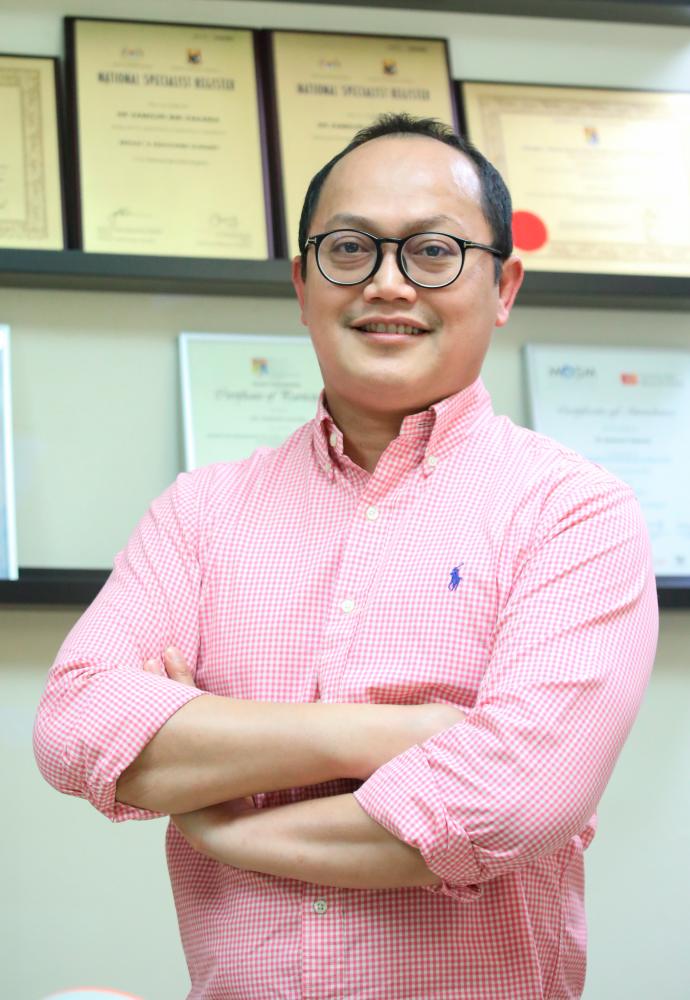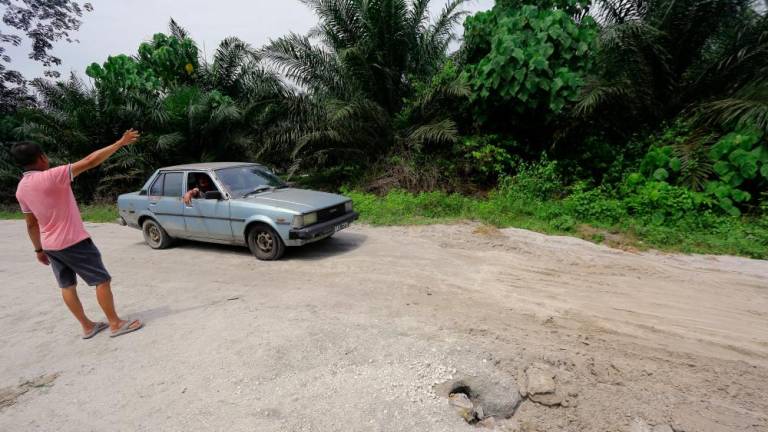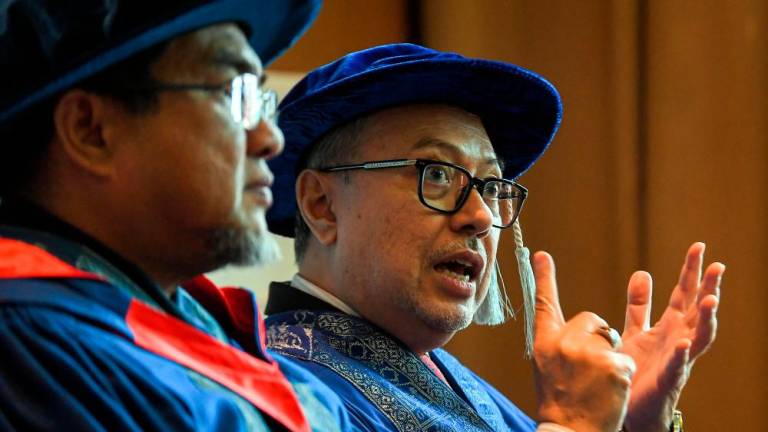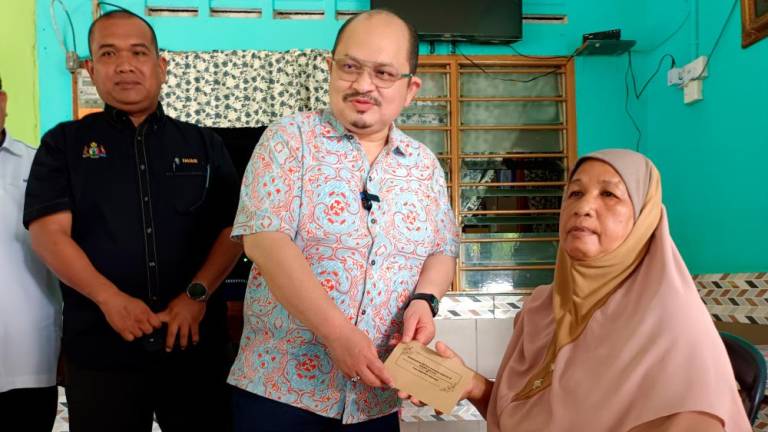IT TAKES a lot of commitment and dedication to run a CSR programme that is dedicated towards one noble cause – and to do it nine years in a row.
Thomson Hospital Kota Damansara (THKD) has been doing just that. It has been running its flagship CSR programme, the Pink October Project (POP), held in conjunction with World Breast Cancer Awareness Month for the past nine years.
At this year’s event, launched on Oct 6 by Kota Damansara state assemblyman Shatiri Mansor, women were urged to conduct regular breast screenings as early detection of breast cancer can increase survival rates significantly.
THKD then presented a mock cheque of RM31,150 from funds raised by THKD and its partners to provide 120 free mammograms and breast ultrasound screenings to POP beneficiaries.
These are women in the constituency who have been selected by the office of the Kota Damansara state assemblyman and the Breast Cancer Welfare Society. The screening exercise has already started and will run till Nov 28.
Noor Ain Mohamad, 51 and Norhaidah Kamaruddin, 49, are two POP beneficiaries who recently underwent their first screening for breast cancer.
Norhaidah said: “I feel it is a great programme. A lot of women think a mammogram is not important but, actually, it is. I did not do this before because I was unaware of it.
“The examination was simple, nothing to be afraid of. I did feel a bit nervous at first when undergoing the examination but it was so simple.”
Norhaidah said that as she lived nearby and since it was free, she was interested to get herself screened.
After the mammogram and ultrasound, the test results were given to the women that same day.
Noor Ain said: “We feel we should make women in our area aware of [the importance of taking a] mammogram as well as the risk of breast cancer.
“We are aware that many women who finally do seek treatment are already in the later stages.”
Noor Ain spoke from experience as she had a friend who had breast cancer. She is aware of what patients go through.
Both women are trying to overcome the social stigma attached to this cancer and the reluctance of women who are too shy to have their breasts checked.
Norhaidah said that most only seek treatment for any ailment when they feel pain and not before.
They are trying to convince the women in their community that early detection is key. They also feel that lack of awareness about breast cancer is one of the main reasons women don’t get themselves checked.
Dr Zamzuri Zakariah concurred.
The consultant general as well as breast and endocrine surgeon at THKD said: “Breast screening is very important because it is the most common type of cancer among women.
“We want to detect breast cancer at an early stage. Early stage could mean two years before you feel a small lump on your own breast. As all of us know, early detection saves lives.”
He pointed out that when breast cancer is detected at an early stage, the treatment required will be minimal.
“The surgery will be minimum, the subsequent treatment will be minimum.”
He said that with all forms of cancer the first line of treatment is normally surgery.
“So if you detect breast cancer at an early stage, you might not need to go for chemotherapy or radiotherapy after the surgery.”
Zamzuri said that globally, regular screening is recommended for women aged 50 and above.
“But nowadays, we see women with breast cancer at a younger age, maybe 40 or above. Around 10% to 12% of cases involve women under the age of 40.”
He said that if any woman feels that something is wrong with her breasts or she is a high-risk potential candidate (having family members, both maternal or paternal, with breast cancer), then she should go for breast screening even if she is under 50.
Zamzuri added: “A lot of people think we can prevent cancer, or stop cancer from happening. It is a wrong way of thinking.”
The specialist said there are things we can do to lower the risk of getting breast cancer but then, there are things like our genes and family history of cancer that we can’t do anything about.
Generally, lifestyle changes can help. “Active people tend to take care of their diet and have a lower BMI (body mass index),” he said.
“Ladies, especially those who are post-menopausal with a BMI above 25 are of higher risk than those with a lower BMI.”
Zamzuri said it is important for women to know their own body, how it is feeling and how it looks.
“Once you know what is normal for you, you will know that something is not right when you are doing self-examination.
“When you notice any changes you must quickly seek medical treatment or advice.”
While self-examinations are fine, getting checked by a medical professional is always better in the long run.













